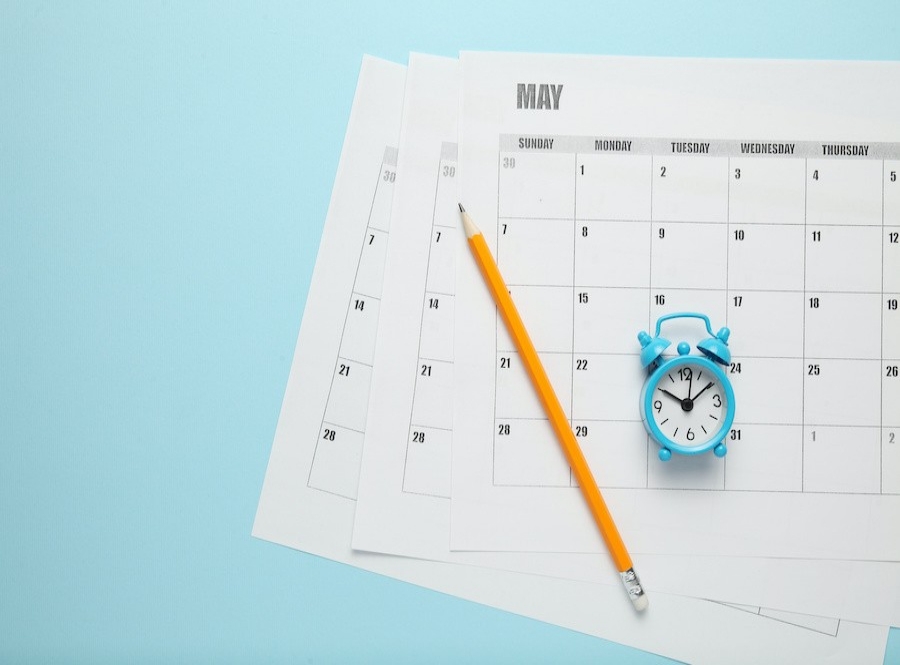Learn how to manage your goals early in the term to avoid burnout later. Usually, school papers are due around the same time, so avoid killing yourself during the last two weeks of your term.
Take the time now to writing your goals the next months to be better aware of the workload ahead. This will help you take a more realistic approach to using your working hours and, hopefully, limit procrastination.
Planning your commitments and assignments gives you the flexibility to add non-academic activities to your routine. Making time for non-academic activities is more crucial than never to support your mental health and resilience. Relaxing, going for a walk, chatting with friends and exercising are essential to avoid zoom fatigue, which is a real problem during solely online education.
Here we share our top seven strategies to plan your term and still have time for your personal life:
1. Breakdown Your Goals Into Smaller Tasks
Manage your goals by using well-established project management methods. Take a big goal and break it down into smaller and achievable goals. For instance, a 25-page paper that you need to write for a class. Start with an outline of the main components of your paper: introduction, literature review, methodology, results, discussion and conclusion. Add time for editing and proof-reading after you complete your essay. Break these components into smaller sub-parts. For instance, in the literature review part, you need to list the number of sources you wan to read, annotate and add to your paper. At the level of detail, you learn the amount of time to complete a literature review before the next component (methodology).
Concordia’s Student Success Centre website has great handouts to plan a paper. GradProSkills offers a workshop on Project Management Fundamentals For Immediate Application (GPLD653) to help you plan projects or goals like a pro.
2. Create a Plan
You have the defined one of your goals as writing a 15-page paper, so let's move to the planning stage. This step requires you to allocate time to each smaller sub-task of your project. For instance, the task of researching your topic can be broken down to first, finding six scholarly articles and second, allotting two hours to read and analyse each article.
Plot all tasks on a timeline, to ensure you have adequate time to complete all the work planned before the submission deadline. This step makes you aware of the work to be done and reduces anxiety as you feel in control of the process. Allocate sub-parts of your big goal to complete every week. When you plan your week, you benefit from seeing quick wins in a short amount of time, which will boost your motivation to achieve the final big goal.
Implement the habit of Sunday night planning so you can start the week focused on your tasks. Use the smallest tasks or sub-parts of the literature review, for instance, to set up a time to read and annotated articles and chapters. If you read one article or chapter a day, you will have completed five readings in one week. That is excellent progress achieved towards the final goal to write a 15-page paper.
3. Identify your limitations
Avoid unrealistic goals by writing down events and activities that might stop you from achieving your goal. You are a busy grad student who has to handle TA workload and classes to attend, so you have a time limitation. Firstly, list all the activities you have to stop doing, do in a shorter amount of time or find someone else to do it for you. For example, cooking, shopping and browsing social media are time killers.
What is your plan to tackle these time-wasters? Start shopping groceries online, cook large quantities of food to last a few days or do more take-aways. Install on your mobile apps to block social media, so you do not get notifications during your working hours. These solutions are effective ways to free your time to write.
Early detection of your limitations allows you to plan how to handle them. Constraints can create discouragement, so document your constraints and have an action plan to eliminate them.


